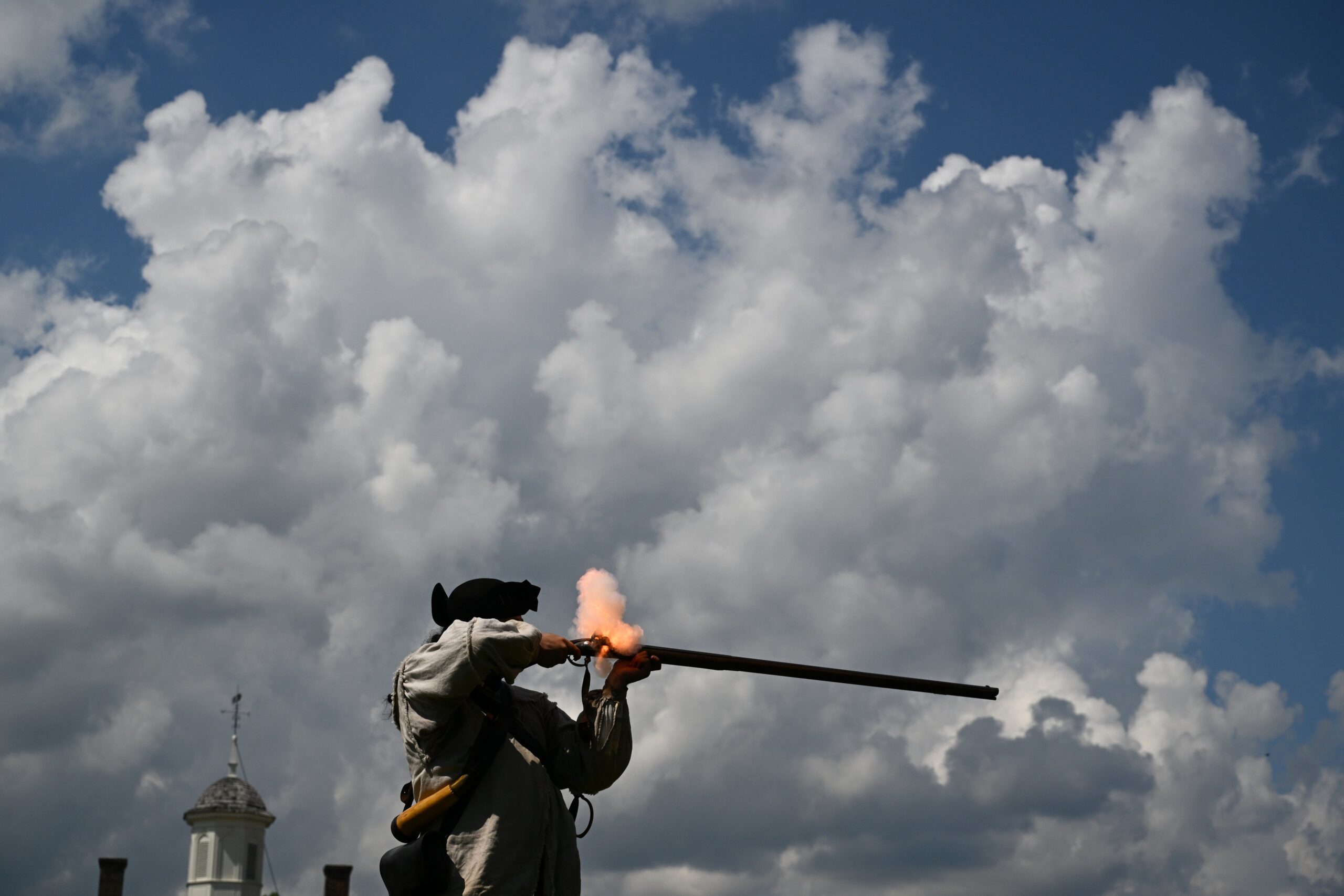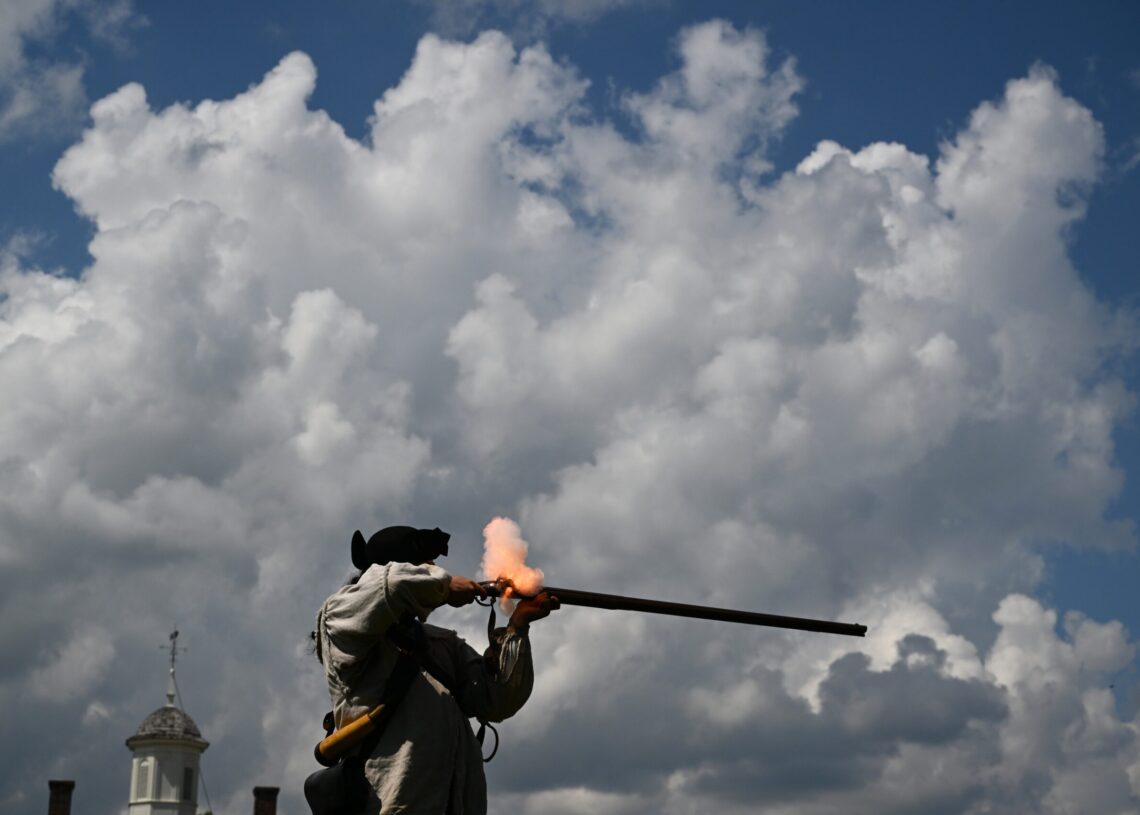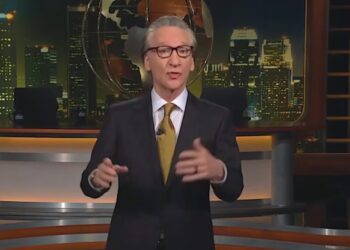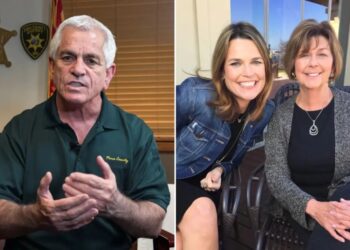
Chapter four of Michael Kranish’s Nov. 9 Revolutionary Revelations series, “The Paradox of Philadelphia,” was illuminating, but there was no “paradox” in the Declaration of Independence. Karnish takes literally what Thomas Jefferson meant when he wrote “all men are created equal.” But to assume that the American revolutionaries had egalitarian aims within a “pure democracy” is presentist fallacy.
Chapter four of Michael Kranish’s Nov. 9 Revolutionary Revelations series, “The Paradox of Philadelphia,” was illuminating, but there was no “paradox” in the Declaration of Independence. Karnish takes literally what Thomas Jefferson meant when he wrote “all men are created equal.” But to assume that the American revolutionaries had egalitarian aims within a “pure democracy” is presentist fallacy.
The equality they sought was different. Jack Rakove, a Pulitzer Prize-winning historian at Stanford, has persuasively argued that Jefferson’s iconic phrase was not a call for a republic with individual equality following the abolition of slavery. Jefferson and his colleagues wanted recognition of the United States as an independent nation equal to the others of the Western world.
In the early 19th century, the nation’s understanding of those five words was transformed, and, by 1863 at Gettysburg, Abraham Lincoln interpreted them literally, promising that a Union victory in the Civil War would lead to “new birth of freedom” by emancipating 4 million enslaved people. That was not the intention of the founders in 1776.
Kranish deserves credit for addressing this topic as the 250th anniversary of American independence approaches, but Jefferson’s subtlety was neither paradox nor hypocrisy.
Steven S. Berizzi, Norwalk, Connecticut
Thomas Jefferson, in his draft of the Declaration of Independence that was later revised by the other members of the Committee of Five and by Congress, condemned the British majesty for capturing and carrying “MEN” (written in capital letters) from Africa into slavery in America. In the longest paragraph among those citing usurpations by the crown, he called the slave trade piratical warfare, execrable commerce, an assemblage of horrors, and the waging of cruel war against human nature itself, violating its most sacred rights of life and liberty. This passionate cry for dignity and justice was left on the cutting room floor in Independence Hall at the insistence of South Carolina and Georgia. In the Declaration as finally adopted by Congress, Jefferson famously offered the world his immortal, transformational vision that all men (written in lowercase) are created equal. Could Jefferson’s core belief in the equal rights of all people, as given by nature and nature’s god, be any clearer than in this artful, vivid juxtaposition of the words “men” and “MEN” in his draft of our nation’s first founding document?
Eric Petersen, Stamford, Connecticut
The writer is editor of “Light and Liberty: Reflections on the Pursuit of Happiness.”
The hypocrisy of Jefferson claiming that “all men are created equal” while practicing slavery deserves attention, if the inquiry is about whether or how to distinguish the art from the artist. But America is not about the men who framed the Declaration of Independence or the Constitution; rather, it is about the principles upon which those documents were based.
If the goal is to understand what it means to be an American, then the contradiction between Jefferson’s public rhetoric and private behavior is gossip at best or ad hominem at worst. Jefferson did not invent the concept of natural equality. In Plato’s “Meno,” Socrates philosophizes with an enslaved person as equals. Before Jefferson drafted the Declaration, Thomas Paine (an abolitionist) wrote in “Common Sense” that in society’s first form of government, “every man, by natural right, will have a seat.”
It is essential to separate the speaker from the message and the American framers from the Declaration and the Constitution, lest criticism of Jefferson the man gets confounded with criticism of the country’s ideals, missing the point of America entirely.
Kenneth Michael White, Kennesaw, Georgia
Lindsay Chervinsky of the George Washington Presidential Library characterized the government that resulted from the Declaration of Independence as “very conservative,” noting that many aspects of the British system of government were retained after America’s revolution.
I disagree: The United States was an experiment in democracy far ahead of its time. While voting, debate, a free press, multiparty representation, constitutional protections and religious tolerance flourished in America in the years after the revolution, it would require decades of halting progress and missteps, as well as violence and repression, for even a small number of democracies to be established in Europe. Britain needed another 50 years to extend suffrage to the middle class; French efforts at democracy devolved into violence and counterrevolution.
Postrevolutionary America was not only a novelty; it was a beacon of hope to people around the world.
Stuart Gallant, Belmont, Massachusetts
As the proud mother of a U.S. Air Force airman, I was saddened and disgusted to see the manner in which the men and women were treated during their military enlistment ceremony at Sunday’s football game between the Commanders and the Lions at Northwest Stadium.
It was not the time to boo the president. The ceremony should have been treated with the solemnity and respect it deserves. The servicemen and servicewomen in attendance chose a path that could send them to all corners of the globe to serve in peacetime and in wartime. They deserved to have their very important day met with cheers — not boos.
Amy Neuzil, Cincinnati
The post What Jefferson really meant by the words “all men”
appeared first on Washington Post.




